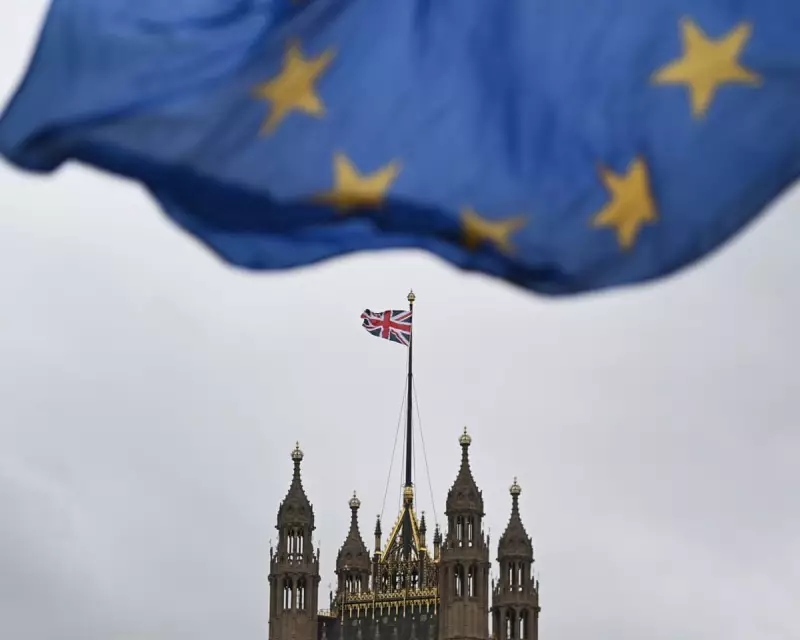
EU Confirms Financial Demand for UK Market Access
The European Union has formally confirmed that Britain must resume payments into the EU budget as a condition for future participation in key European programmes, including the single market. This development represents a significant test for Prime Minister Keir Starmer's post-Brexit reset strategy with Brussels.
Ireland's Europe minister, Thomas Byrne, stated that EU member states had collectively decided the UK should make financial contributions for closer ties. "Ireland wants to see Britain getting the benefit of closer engagement with the European Union," Byrne commented, while acknowledging that "ultimately there is a cost to a lot of that."
Electricity Market and Defence Programme Fees
In a surprising move last week, the EU determined that Britain should contribute to its budget to join the European electricity market. If approved, this would mark the first time the UK has paid into the EU budget since Brexit, though Britain continues to cover legacy membership costs.
The two sides remain deadlocked over the EU's demand for an entry fee of up to €6 billion (£5.3 billion) to enable British companies to access the full benefits of the €150 billion (£132.1 billion) EU defence programme, known as the security action for Europe (Safe) fund.
Peter Ricketts, the veteran former diplomat who chairs the European affairs committee in the House of Lords, described a rumoured €6.5 billion fee as "so off the scale that it suggests some EU members don't want the UK in the scheme." The Guardian understands the commission has actually proposed a fee ranging from €1 billion to €6 billion, proportionate to expected UK benefits.
Progress and Challenges in Negotiations
In more positive developments for the government, Minister Byrne expressed hope that both sides could reach a deal to ease food and animal checks at the border during the second half of 2026, when Ireland holds the presidency of the EU Council. "I think that could be a gamechanger," Byrne added regarding the potential veterinary agreement.
However, Commission officials briefing EU ministers described the UK as a "complicated and challenging counterpart" and stated that "nerves of steel and unity" would be essential throughout upcoming negotiations. Several countries, including Belgium and Germany, have cautioned against permitting Britain to "cherrypick" the most advantageous aspects of the European single market without adhering to common regulations.
Barry Andrews, an Irish delegate on the EU-UK assembly, expressed concern that progress had been "terribly slow" since the landmark May summit between Starmer and Commission President Ursula von der Leyen. "Given the current geopolitical situation, we should be absolutely racing towards agreement with the UK, and particularly on defence," Andrews stated.
A UK government spokesperson maintained that Britain remains "committed to a broad and constructive relationship with the EU" but emphasized that "we will only agree deals that provide value to the UK and UK industry." The spokesperson declined to provide ongoing commentary about the sensitive negotiations.





